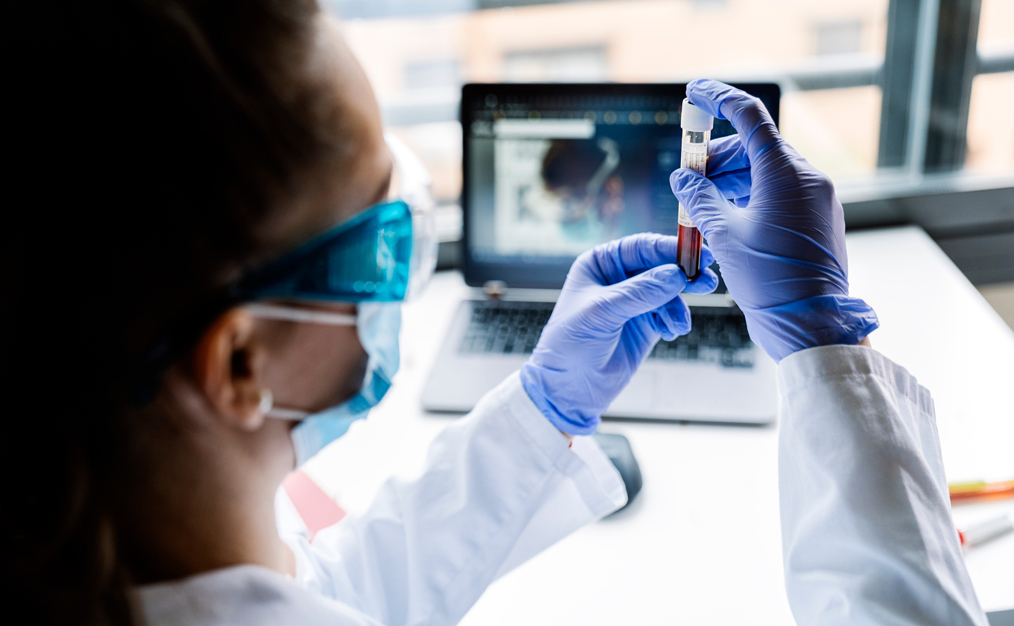Artificial intelligence researchers at the University of Bath have been awarded €250,000 to conduct a series of unique experiments on how people interact with humanoid robots. Plus the University of Bath will train a new generation of experts in artificial intelligence as it leads one of 16 new UK AI Centres for Doctoral Training.
Ethics in Artificial Intelligence and ‘Project Pepper’
As you may remember, we have been working alongside Dr Joanna Bryson, from the University of Bath, to aid the technical aspect of her research into the ethics involved in using AI. We have been loaned one of the University’s humanoid Pepper robots so that we can assess its current capabilities and then help develop the University’s proprietary AI software to run on it.
One of the main things Joanna and her team will investigate is whether a humanoid design will implicitly make people see the robots as more human, even when they are explicitly given information about its programmed priorities and decision-making process.
A core part of our work will be the creation of an Android application that can run on the robot’s tablet screen, allowing humans to understand what the machine is thinking. Pepper will then be fundamental to Dr Bryson’s ongoing research.
Funding of 250,000 Euros has been awarded to Dr Bryson’s research group from the AXA Research Fund, which supports scientific discoveries that contribute to societal progress. The grant from the AXA Research Fund will fund three-years of research.
Dr Joanna Bryson explains: “This research is utterly unique. There are unfortunately very few properly controlled experiments in robot ethics that account for the full machine nature of the robot, so we’re really honoured to be given the opportunity…. people worry about the idea of AI but they worry about the wrong things. People worry about robots taking over the world but they don’t worry about privacy.”
The research ties into Dr Bryson’s wider interest in how society focuses on certain aspects of AI, such as a hypothetical future where humanoid competitors for jobs and resources, despite the fact AI is already pervasive in society, in search engines, mobile phones, web browsers, GPS systems, even word processors.
New Centre for Doctoral Training led by the University of Bath
In addition to the extra funding for Dr Bryson’s research and our help with Pepper, the University of Bath has now been named one of 16 Centres for Doctoral Training in Accountable, Responsible and Transparent AI (ART-AI). Recruiting and training approximately 60 PhD students at Bath alone, the centres will ensure graduates have a thorough understanding of the developments in AI, and to ensure that the decisions on how and when to use AI are informed and ethical.
The ART-AI CDT is part of a consortium of more than 30 partners, covering a wide range from the Financial Conduct Authority and the Church of England to CFMS, Rolls-Royce and a network of leading universities across the world. The first cohort of PhD students will begin their training in September 2019.
The 16 AI CDTs, based in 14 UK universities, will train a total of 1,000 PhD students in aspects of AI. The CDTs are being funded by a £100M investment from UK Research and Innovation (UKRI), with £23M contributed from universities and £78M from partners in cash or in-kind contributions.
The future of Artificial Intelligence
Artificial intelligence has great potential to drive up productivity and enhance every industry throughout our economy, from more effective disease diagnosis to building smart homes.
We’re excited to play even a small part in Dr Bryson’s research and look forward to the future developments of understanding AI and its contribution to society.
Want to know more?
Visit the University of Bath’s website for full details.
Check out the interview with Dr Joanna Bryson about the new UKRI CDT ART-AI.



